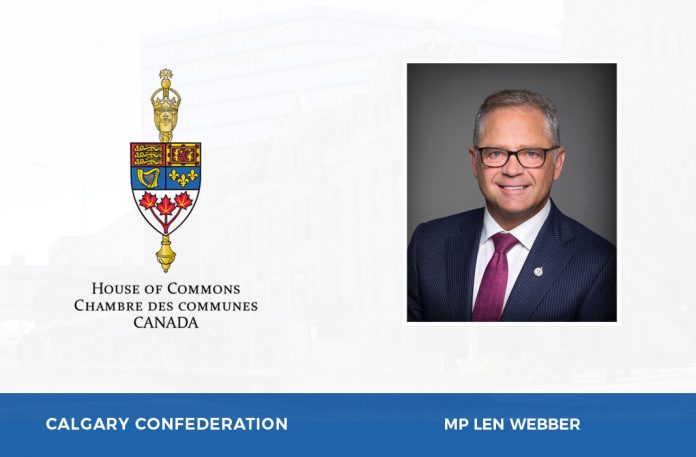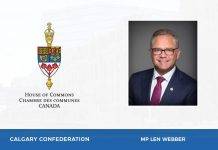I have been a long-time advocate of organ and tissue donation in Canada and was instrumental in creating the organ donor registry in Alberta a few years ago. However, 4,600 Canadians are awaiting a transplant and we need to do more to find those critical matches to save more lives.
In the last Parliament, I advocated for my Bill C-316 which would allow Canadians to indicate their willingness to become an organ and tissue donor through their annual tax return. The Bill passed the House of Commons unanimously at every stage but failed to pass the Senate before the 2019 election was called.
Just as an organ donation gives someone a second chance at life, my Bill got a second chance recently. My name was drawn first in the Private Members’ Business ‘lottery’ and so I will have the opportunity to re-introduce this Bill in February for debate in March.
The Bill proposes a very simple, very effective method to increase the size of the organ donor base in Canada. By adding a line to the annual tax forms, Canadians could signal their intent to become an organ and tissue donor and have this information passed to their provincial government for addition to the existing organ donor registries.
The provinces will still maintain their own lists and the federal government will just be supplying them with data for that purpose. The annual tax form is a legally-binding document and would allow for lists to remain current and relevant.
Currently, the only proactive approach used by governments is to ask for donors via the driver’s licence or health card registration process. The number of people getting drivers’ licences is dropping every year.
The voluntary online method of registering is neither proactive nor fully effective. Those who move from one province to another do not update their information, especially young people who are prime donors. The tax form approach overcomes these common problems and expands the potential donors reached.
Sadly, when someone dies, the tax department is often one of the first government agencies to be notified. This too will help update provincial registries and keep them current. This makes for a more effective and responsive donation system.








